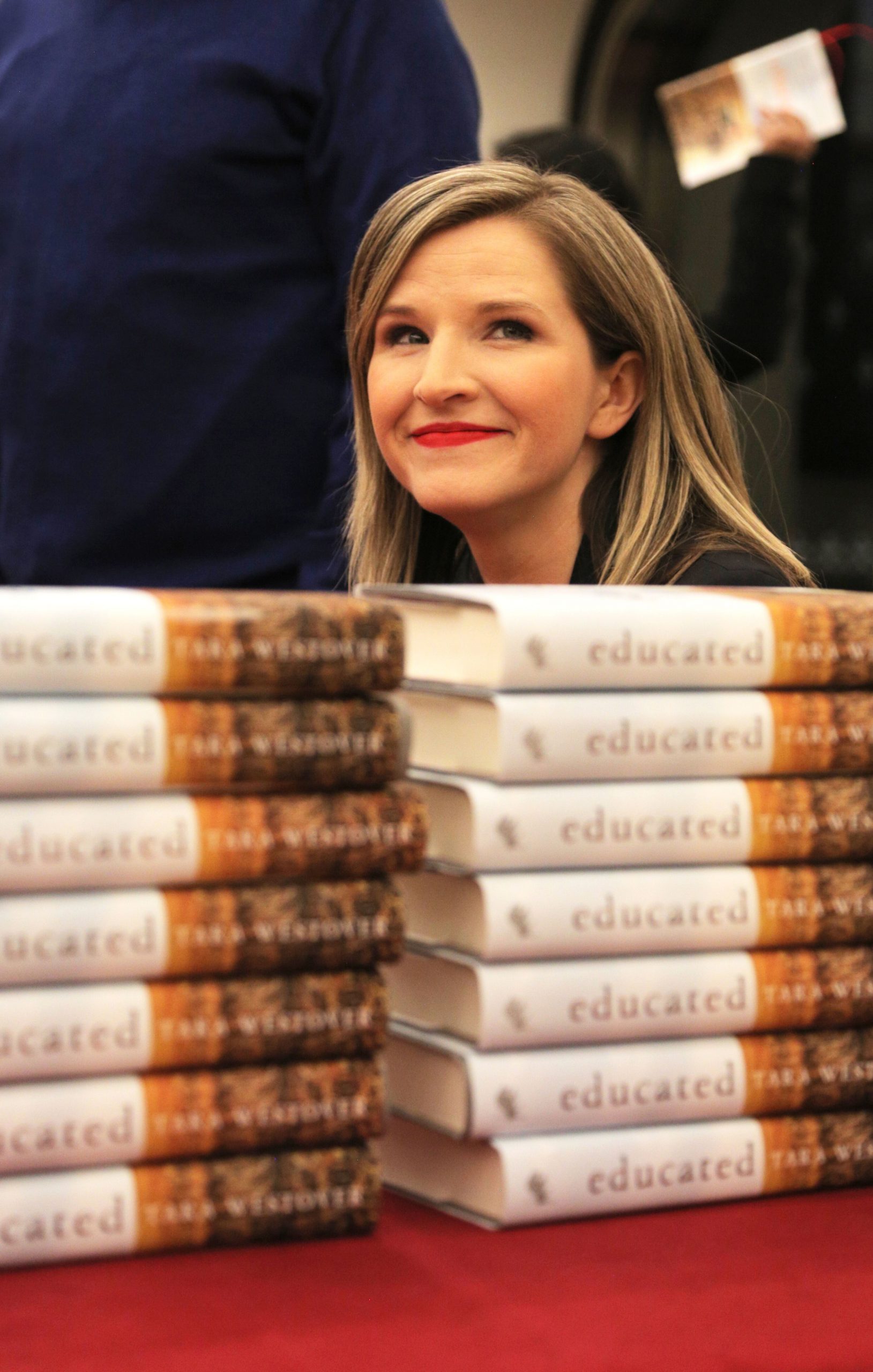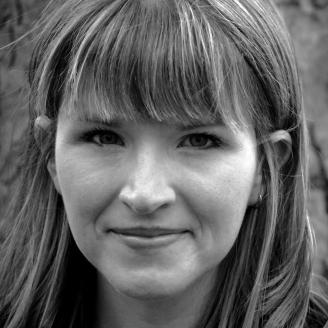
Tara Westover spoke to Professor David Runciman at the launch of her memoir, Educated.
University should be a place where you really experience different people. It should not be about people reading the same texts and having the same interpretations. There should not be one dominant way of thinking about things.
Tara Westover
Education should be about getting access to different ideas and perspectives that challenge received views, but too often it is about similarly wealthy people with like-minded ideas getting together to decide how the world is, according to author and Gates Cambridge Scholar Tara Westover.
Tara [2009] was speaking at the launch of her memoir Educated which tells of her experiences growing up in rural Idaho, raised by a radical, survivalist father who was intensely paranoid about government interference in the lives of his family. The book has topped the US Amazon charts and been widely and very favourably reviewed. Comedian Stephen Fry commented: “There is no feeling like discovering a young writer who is springing up fully armed with so much talent.”
The launch event held in St John’s College, Cambridge, on Wednesday night saw Tara in conversation with Professor David Runciman, who supervised her PhD on the role of the family in utopian political thought.
Tara, who didn’t attend school and taught herself to pass a university entrance exam, said that education should be about diverse perspectives, especially at university. “University should be a place where you really experience different people. It is odd that seems not to be happening. It should not be about people reading the same texts and having the same interpretations. There should not be one dominant way of thinking about things,” she stated. “It should be open-ended and people should not go into it knowing what they will get out of it.”
She added that it was often narrowly interpreted as being about exams, homework and essays. “People have been misled about what education is,” she said. Moreover, the way many viewed education often discouraged people and made them feel they couldn’t learn things, she stated. One of the positive things her parents taught her was that you can learn about anything you want to. Tara also taught herself how to write through listening to podcasts, battling against the discouraging “mythology” around literature. “People are probably capable of a lot more than they think they are,” she said. “A lot of people are persuaded against education due to the way it has been institutionalised.”
Tara also commented on homeschooling, saying that her view on it depended on the motivation behind it, for example, whether it was used to restrict access to different views or open up the world. She also commented on the issue of class in the public education system. “Some public institutions are good and some are not. There is an assumption that not everyone should have access to the same quality,” she said.
The discussion ranged from education to Tara’s childhood and how she became an independent thinker able to challenge the views she had received as a child.
As a child, Tara believed what her father had told her about the education system and said she felt other children were being brainwashed. When she got to university she struggled academically because there was so much she didn’t know, but she still fundamentally thought her father was right.
At Brigham Young University, where she did her undergraduate degree, she realised that she had only had access to one view. “It was freeing to have access to a lot of views. I could choose. I could make intelligent decisions. It helped me break away from the ideology of my family,” said Tara.
She emphasised that her book is about family and education rather than religion. Her family were not standard Mormons, she said. At university she realised that her father might be bi-polar when she learnt about the symptoms. Her father seemed to care about safety, she said, but would ask his children to do things which were really not safe. “Dad could not run a junkyard in a safe way. There was something about the way his mind worked that meant he wasn’t able to,” she said. She added that she hoped her book was not just an American story and said the fact that many countries want to translate it suggested the broader, complex themes of family and education were more universal.
Picture credit: Kip Loades

Tara Westover
- Alumni
- United States
- 2008 MPhil Political Thought and Intellectual History
2009 PhD History - Trinity College












